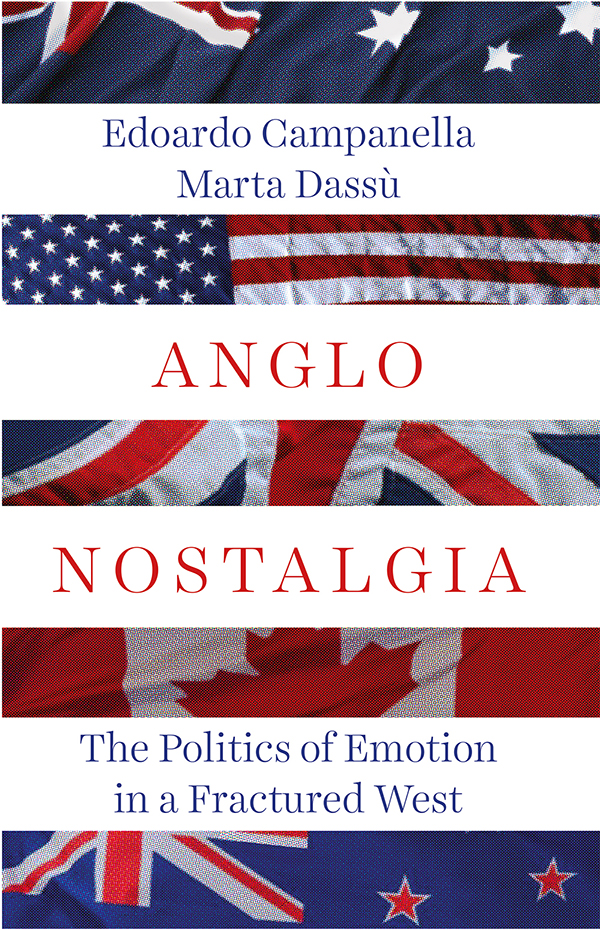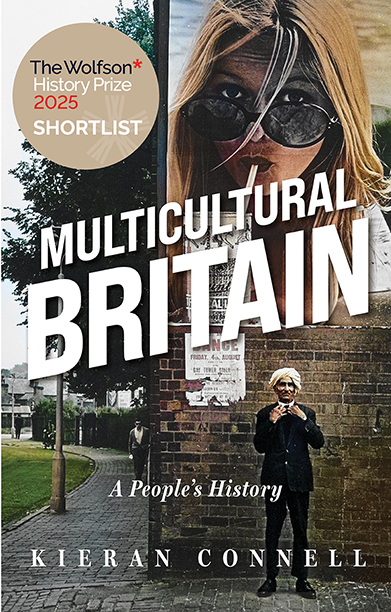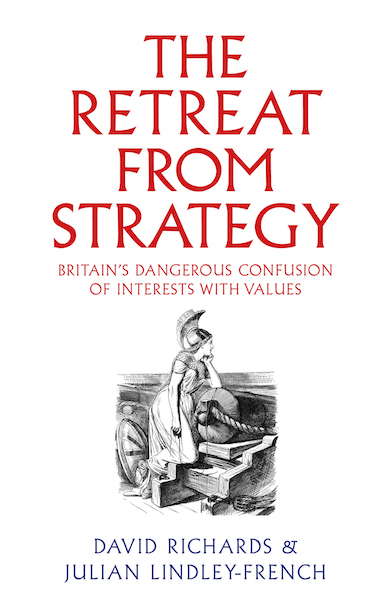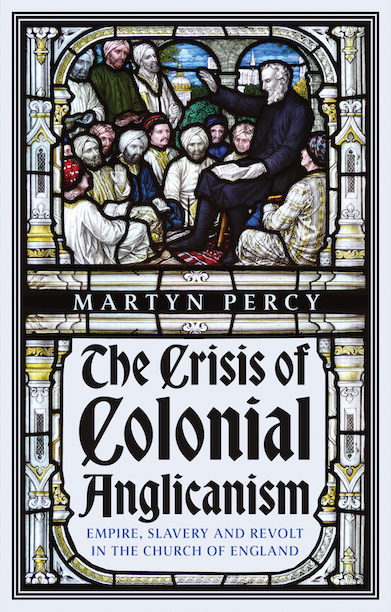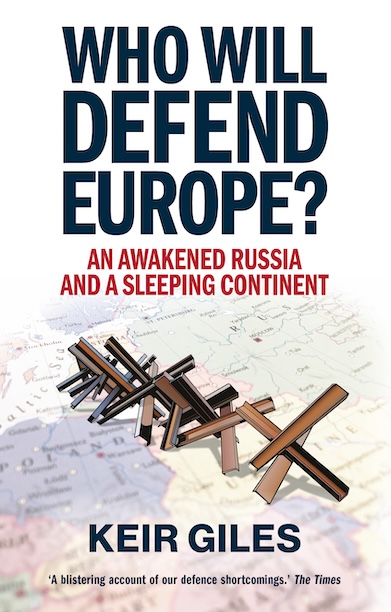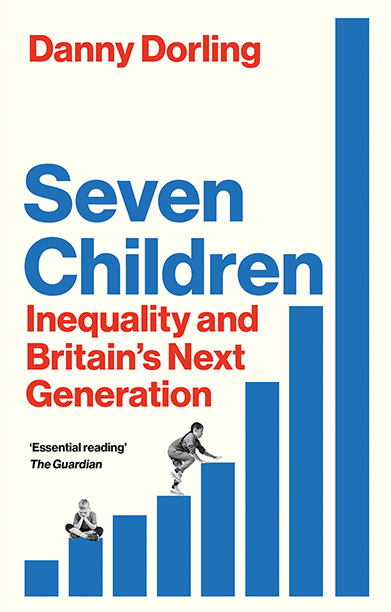Anglo Nostalgia
The Politics of Emotion in a Fractured West
A wide-ranging analysis of how the nostalgia virus is infecting politics worldwide, including Brexit, what its effects have been and what it may lead to.
Description
Nostalgia has become a major force in global politics. While Donald Trump hopes to ‘make America great again’, Xi Jinping calls for a ‘great rejuvenation of the Chinese people’, and a majority of Russians still mourn the Soviet Union. But it is Brexit, with its idealisation of a bygone era of full sovereignty, that epitomises nostalgic nationalism in its purest form.
Despite its romantic flavour, nostalgia is a malaise—a combination of paranoia and melancholy that idealises the past, while denigrating the present. This epidemic of mythicising national history is shaping politics in risky ways, fuelled by ageing populations, shifts in the global order, and technological disruption. When deployed in the political debate, collective nostalgia is used as an emotional weapon, capable of mobilising a nation towards illusory goals.
Drawing on psychology, political science, history and popular culture, Anglo Nostalgia analyses the rapid spread of this global phenomenon, before focusing on Brexit as a case study. With the detachment of informed outsiders, Campanella and Dassù expose nostalgia’s great danger: the oversimplification of reality, leading to unprecedented political miscalculations and rising geopolitical tensions.
Reviews
‘[Trump’s] mindset is well described in Anglo Nostalgia by Edoardo Campanella and Marta Dassù. Start with an idealised view of the past, stir in the paranoia beloved of populists everywhere and, hey presto, you have the nostalgic nationalism that is his foreign policy.’ — Financial Times
‘[Anglo Nostalgia] is not only a fascinating book, but also a pioneering one.’ — International Affairs
‘Concise and thought-provoking’ — CHOICE
‘We troublesome Anglo-Saxons should be grateful that two Italian scholars have made such a penetrating, stimulating critique of the nostalgia underlying Brexit, and its wider context in a fractured West.’ — Timothy Garton Ash, Professor of European Studies, Oxford University
‘Nostalgic nationalism is a powerful concept for understanding current political trends around the world. This important book reveals its significance in today’s world. Whether you want to understand Britain or China, the United States or Russia, Turkey or India, Campanella and Dassù’s ideas have great force.’ — Lawrence H. Summers, President Emeritus and Charles W. Eliot University Professor, Harvard University
‘Of the many important facts of modern life that standard economic models have struggled to capture, the rise of nostalgic nationalism might just turn out be the most important. Campanella and Dassù could not have chosen a better time to start filling in the gaps.’ — Stephanie Flanders, Senior Executive Editor for Economics, Bloomberg News
‘The past is the new future. In this thoughtful, original and elegantly argued book, two leading European intellectuals have used the case of the United Kingdom to show that modernity’s obsession with the future is dead: nostalgic nationalism is the power that shapes global politics today.’ — Ivan Krastev, Chairman, Centre for Liberal Strategies, and author of Democracy Disrupted
‘This fascinating and convincing book shows how a new flavour of nationalism—nostalgia for a simpler world—has led to the current global dysfunction, from Trump to Brexit. An essentially important guide that everyone should read.’ — Walter Isaacson, Professor of History, Tulane University, and author of Leonardo da Vinci and Steve Jobs
Author(s)
Edoardo Campanella is a Future World Fellow at IE University, Madrid. A shortlisted author for the Bracken Bower Prize, he contributes regularly to Foreign Affairs and Project Syndicate.
Marta Dassù, Senior Director of European Affairs at the Aspen Institute, was Italy’s Deputy Minister of Foreign Affairs from 2011 to 2014.
